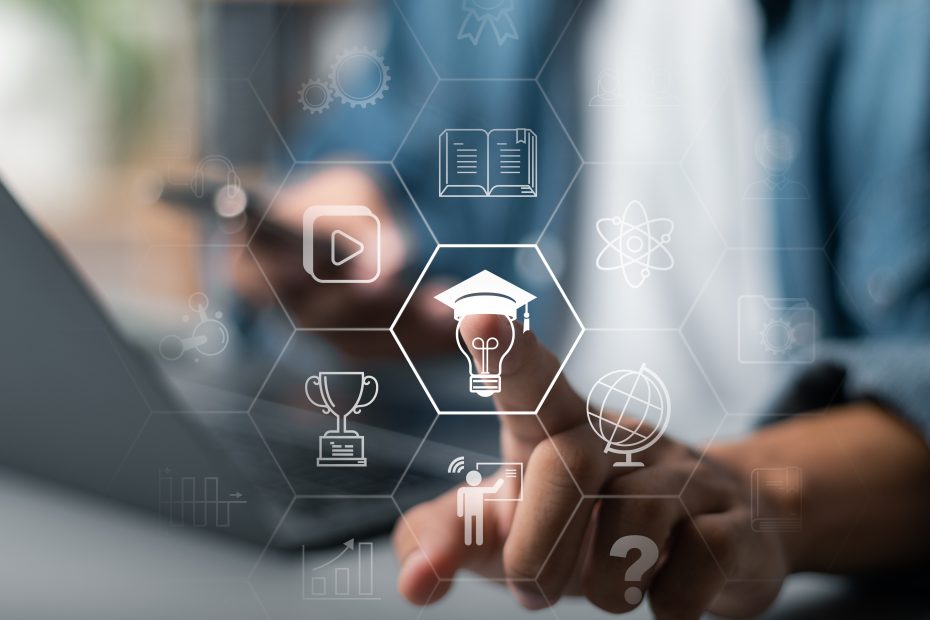

Redefining the Classroom: Education in the Digital Age
In the digital age, education has undergone a significant transformation, redefining the traditional classroom setting. The integration of technology into education has opened up new possibilities for both students and teachers.
One of the key ways technology has redefined the classroom is through online learning platforms. These platforms allow students to access educational resources and participate in interactive lessons from anywhere in the world. For example, websites like Khan Academy and Coursera offer a wide range of courses on various subjects, enabling students to learn at their own pace and explore topics beyond what is offered in their local schools.
Furthermore, digital tools and applications have revolutionized the way teachers deliver lessons and engage with students. Interactive whiteboards, for instance, enable teachers to create dynamic presentations and incorporate multimedia elements, making the learning process more engaging and immersive. Additionally, educational apps and software provide personalized learning experiences tailored to each student's needs, helping them grasp complex concepts more effectively.
Another significant aspect of the digital age in education is the rise of online collaborations and communication tools. Students can now collaborate on projects and assignments with peers from different parts of the world using platforms like Google Classroom or Microsoft Teams. This not only enhances their teamwork and communication skills but also exposes them to diverse perspectives and cultures.
Moreover, the digital age has brought about a wealth of online resources that supplement traditional textbooks. Students can access e-books, scholarly articles, and educational videos, expanding their knowledge beyond the limitations of physical resources. Online libraries and databases, such as JSTOR and Google Scholar, provide a vast collection of academic materials that can be easily accessed and referenced.
While the digital age has undoubtedly transformed education, it is important to acknowledge the potential challenges and limitations. Not all students have equal access to technology, which can create a digital divide. Additionally, the reliance on digital tools may hinder the development of essential skills, such as critical thinking and creativity, if not used in a balanced manner.
In conclusion, the digital age has redefined the classroom by introducing online learning platforms, digital tools, online collaborations, and a wealth of online resources. These advancements have expanded educational opportunities, personalized learning experiences, and fostered global connections. However, it is crucial to address the challenges and ensure equitable access to technology while maintaining a balanced approach to education.
Related Posts
© 2025 Invastor. All Rights Reserved

User Comments